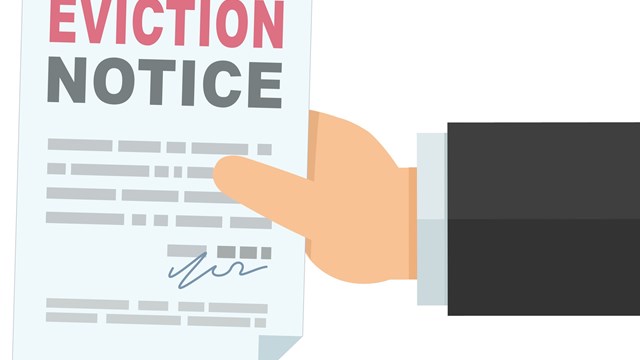Q Our cooperative building, for many years, carried a high mortgage. During those years, I did serve on the board. The interest on the mortgage was included in our monthly maintenance fee and was noted yearly for our share for IRS purposes. The total interest amounted to approximately $76,000 per year.
A few years ago the mortgage was paid off, but the interest remained in our maintenance charge under a new name, “capital reserve.” Thus, in five years that column would have $380,000 and in ten years $760,000. We were informed this would prevent further assessments.
Is it proper to mix maintenance fees with reserve for items not yet known? Is it legal to collect reserves or assessments without knowing the purpose? Would shareholders be entitled to the interest refunds on maintenance fees?
—Shareholder Query
“The board of directors has authority to set budgets and to enact assessments for reserves and other expenses such as capital repairs. Many cooperatives and condominiums have experienced significant increases in costs in the maintenance, repair and replacement of their buildings which exceed their budgets and reserves. Among other reasons, Local Law 11 expanded the areas of the façades of buildings required to be inspected and repaired and as a result has contributed to increases in capital expenditures.
“The board of directors had authority to place this expense in the budget and for the shareholders to pay it as part of their maintenance. Such accumulated sums are for the benefit of the building and its shareholders to pay for future capital repairs and hopefully to avoid or reduce future assessments of the shareholders.
“The board may create reserves or assessments without knowing the specific purpose. For example, the board can resolve that it wishes to create a future fund for capital improvements without knowing what repairs may arise or the cost thereof. It is advisable to have a reserve fund in the event of a sudden expense and the need to immediately address a problem such as replacing a roof that is leaking or fixing a broken boiler or elevator. Buildings with healthy reserve funds and realistic budgets create more stable coops and condos, enhance the value of apartments and are more attractive to prospective purchasers.
“In response to your last question, please note that the shareholders would not be entitled to interest refunds on the maintenance.
“Lastly, unlike the benefits of paying mortgage interest which is a deductible expense pursuant to Section 216 of the Internal Revenue Code, the shareholders are not entitled to deduct from income taxes the portion of maintenance devoted as a reserve for capital repairs or replacements. Instead, the maintenance paid into a reserve for capital repairs or replacements will increase the shareholder's basis in the co-op apartment, which will lower the amount of gain (if any) to be reported to the IRS when the co-op apartment is sold.”







Leave a Comment